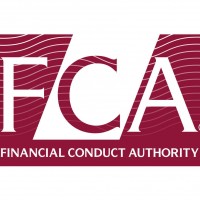
Overall the annual funding requirement for the Financial Conduct Authority (FCA) has been set at £432.1m and the combined FCA and PRA at £646.3m, representing a 15% increase from last year.
The FCA said the main reasons for the 15% increase in combined funding were the costs of increasing front line supervision staff, an increase in Information Technology (IT) costs and an increase in central support services costs.
Specifically, adviser costs for the FCA are up 13% to £41.9m.
Currently 42% of the FCA’s authorised firms need only pay the minimum fee and for the fourth year running the gross minimum fee for firms will remain unchanged at £1,000.
Medium sized firms will see a proportionate increase reflecting the type of business they conduct. This increase will be borne mainly by larger firms, reflecting the resources applied to the intensive conduct and prudential supervision of high impact firms
The FCA’s AFR will be used to fund much of the work that was started in the last couple of years as the FCA increases supervision of firms and delivers on its new statutory objectives while implementing key areas of the substantial international regulatory reform agenda.
The key areas that the AFR will be used for in the coming year are:
– A renewed focus on good outcomes for consumers. This will include helping to ensure that firms’ strategies are aligned with producing appropriate outcomes for consumers – for example, through the work on product governance and incentive structures in firms;
– A continued focus on tackling market abuse, by taking strong enforcement action to deter future misconduct. Focusing on wholesale conduct will be critical for the FCA, as will the new approach to the supervision of trading platforms;
– Ensuring a competitive financial services industry. A significant change for the FCA, this will involve building a new Competition Department to embed competition analysis across the organisation, which will take action as appropriate;
– Continuing to address ongoing misconduct, such as LIBOR, Payment Protection Insurance and interest rate swaps; and
– Carrying forward major policy initiatives such as the Mortgage Market Review, the changes to retail investment advice and extensive engagement with Europe on important Directives under consideration.

















